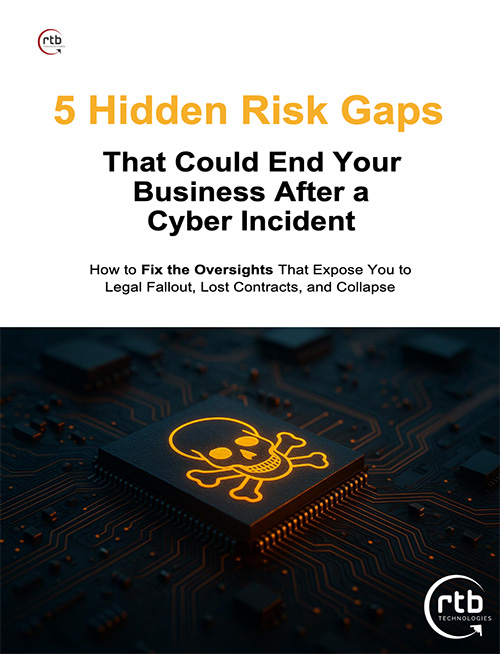
If you’re the one everyone in your company counts on to keep data safe, the last thing you need is a phony booking confirmation that slips past your defenses—and straight into your network.
Here’s How the Scam Unfolds
- A Fake Booking Lands in Your Inbox
- It looks exactly like the real deal from big names—logos, formatting, even “customer support” numbers.
- Subject lines are tailor-made to make you panic:
- “Your Trip to Miami Has Been Confirmed—Review Now”
- “Flight Itinerary Updated—Action Needed”
- “Confirm Your Hotel Stay to Avoid Cancellation”
- One Click, and You’re on a Phony Site
- You’re prompted to “log in” to check details or update payment info.
- That link drops you onto an almost identical fake site that quietly copies your credentials.
- They Walk Out with Your Data—or Worse
- Login details give them free rein to your travel portals, corporate cards, even expense records.
- Entering payment info hands over credit-card data for immediate fraud.
- A hidden malware payload can spread through your entire network in minutes.
Why It Hits So Hard
- Perfect Mimicry: These fraudsters nail the look and feel of legitimate confirmations.
- Panic Trigger: A “last-step” email about your travel plans is exactly the kind of urgent distraction you can’t ignore.
- High Volume: If you or your travel coordinator handles dozens of bookings, one rogue confirmation can easily slip through.
It’s Not Just Your Personal Credit on the Line
Imagine that fake email landing in the inbox of your office manager, travel coordinator, or executive assistant. One click and you could face:
- Fraudulent Charges on your corporate cards.
- Compromised Credentials for every travel platform you use.
- Malware in Your Network, turning your own systems against you.
All because one confirmation looked “close enough.”
How to Seal This Loophole
- Verify Before You Click
Go straight to the airline, hotel, or agency website—never use embedded links. - Inspect the Sender Address
Look for tiny misspellings or extra characters (e.g., “@deltacom.com” vs. “@delta.com”). - Empower Your Team
Run quick phishing drills and share real examples so nobody on your staff is a soft target. - Enable MFA Everywhere
Even if credentials leak, a second factor stops attackers in their tracks. - Lock Down Your Email
Deploy advanced filtering and link-scanning to catch malicious messages before they reach inboxes.
Make Sure a Fake Travel Email Doesn’t Become a Real Business Disaster
You’ve already got enough on your plate. Let’s eliminate this risk with a free, no-strings risk assessment—our first, in-depth level of review. We’ll pinpoint weak spots in your travel-booking process, show you exactly where a phony confirmation could slip through, and arm you with practical fixes that don’t cost a fortune.
Ready to stop the next cyber-travel scam in its tracks?
Book your FREE Discovery Call now and start sleeping easier tonight.


